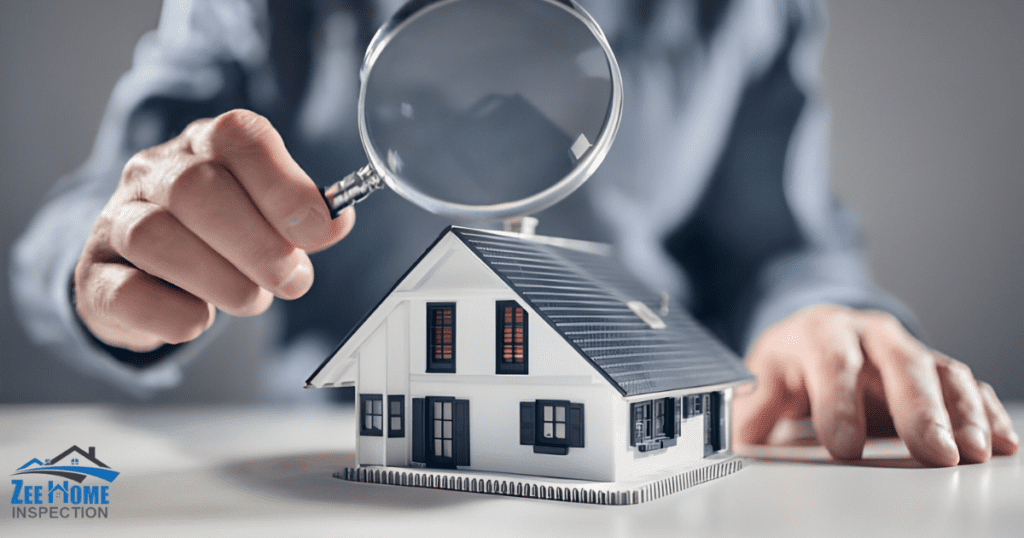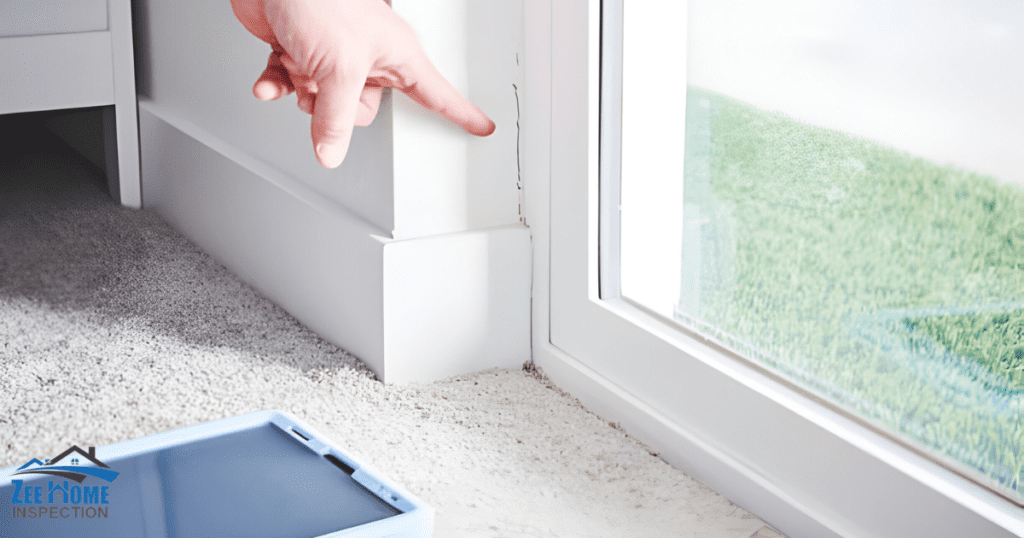Introduction: A home inspection is a vital step in the buying or selling process, providing invaluable insight into a property’s condition. Whether you’re a homeowner preparing to sell or a prospective buyer, understanding the critical steps for a successful home inspection is essential. In this guide, we’ll explore the ten crucial steps to ensure your home inspection is thorough, informative, and ultimately beneficial for all parties involved.

Research and Hire a Qualified Inspector:
The first step in a successful home inspection is to research and hire a qualified inspector. Look for inspectors certified by reputable organizations such as the American Society of Home Inspectors (ASHI) or the International Association of Certified Home Inspectors (InterNACHI). These certifications ensure that the inspector has undergone rigorous training and meets professional standards.
Schedule the Inspection:
Once you’ve selected an inspector, schedule the inspection at a convenient time for both parties. During the inspection, it’s essential to be present to ask questions and address any concerns. Depending on the size and condition of the property, the inspection will take several hours.
Prepare the Property:
Before the inspector arrives, prepare the property for inspection. Clear away any clutter obstructing access to critical areas such as the attic, basement, or crawl spaces. Ensure that all utilities, including electricity, water, and gas, are turned on so the inspector can test appliances and systems.
Attend the Inspection:
As mentioned earlier, attending the inspection is crucial. This allows you to accompany the inspector as they assess the property and ask questions. Pay attention to areas of concern pointed out by the inspector and take notes for reference later.
Review the Inspection Report:
Following the inspection, the inspector will provide a detailed report outlining their findings. Take the time to review this report carefully, paying close attention to any issues or deficiencies identified. If you have any questions or need further clarification, don’t hesitate to contact the inspector.

Address Immediate Concerns:
Some issues identified during the inspection may require immediate attention. These could include safety hazards such as electrical problems or structural issues. Work with your real estate agent to address these concerns promptly through repairs or negotiation with the seller.
Plan for Future Maintenance:
In addition to addressing immediate concerns, use the inspection report to plan for future maintenance and repairs. Pay attention to the inspector’s recommendations regarding routine maintenance tasks such as servicing HVAC systems, cleaning gutters, or inspecting the roof. You can prevent minor issues from escalating into more significant problems by staying proactive.
Consider Additional Inspections:
Depending on the age and condition of the property, consider additional inspections beyond the standard home inspection. These could include specialized inspections for mold, radon, pests, or environmental hazards. While these inspections may incur extra costs, they provide valuable information that can help you make informed decisions about the property.
Negotiate Repairs or Adjust the Sale Price:
Armed with the home inspection report’s information, you can negotiate with the seller regarding repairs or adjustments to the sale price. Your real estate agent can help you navigate these negotiations and advocate for your best interests. Be prepared to compromise and prioritize the most critical issues identified during the inspection.
Follow-Up After Closing:
Even after the sale has closed, following up on any outstanding issues identified during the inspection is essential. Ensure that any agreed-upon repairs have been completed to your satisfaction and that you have documentation of the work done. By staying proactive and thorough throughout the inspection process, you can enjoy peace of mind knowing that your new home is safe and sound.

Conclusion:
A successful home inspection is a critical step in the home buying or selling, providing valuable information about the property’s condition. Following these ten crucial steps ensures that your home inspection is thorough, informative, and ultimately beneficial for all parties involved. From hiring a qualified inspector to negotiating repairs, careful planning and attention to detail can help you confidently navigate the inspection process.
